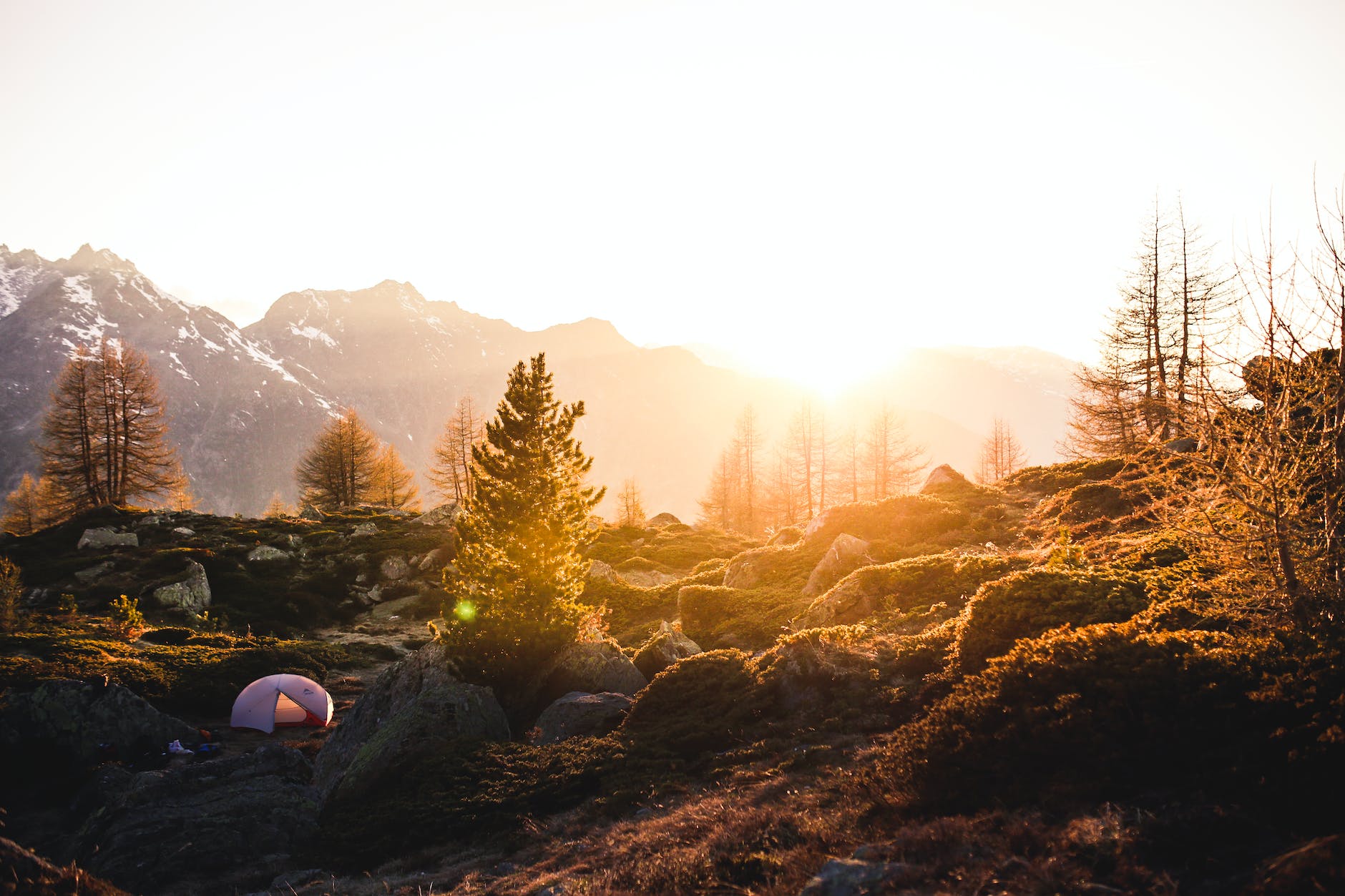Table of Contents
- Voluntourism: Doing Good or Feel-Good Fad?
- Eco-Travel: Leaving Only Footprints, and Hopefully Not Carbon Ones
- Community-Based Tourism: Homestays and Heart-Feels
- Educational Travel: Turning the World into a Classroom
- Responsible Wildlife Encounters: No Selfies with the Tigers, Please
- Slow Travel: Because Life Isn’t a Race, It’s More Like a Stroll or a Mosey
Voluntourism: Doing Good or Feel-Good Fad?
Once upon a time, in a world before selfies, travelers seeking meaning would toss a few items into a knapsack and set off to lend a helping hand in foreign lands. Today, this has morphed into the controversial phenomenon known as “voluntourism.” Critics argue that some voluntourism projects are like putting a Band-Aid on a bullet wound—they look helpful but miss the point. Yet, amidst the sea of good intentions, there are pearls of genuine impact. For example, look at organizations like Habitat for Humanity. They’ve nailed the art of balancing tourist involvement with tangible outcomes. Volunteers often share tear-jerking tales about hammering alongside future homeowners and witness their direct contribution to the community. It’s no surprise that, done right, voluntourism can leave you with a full heart, and possibly with fewer thumbs after all that hammering duties—safety gloves, people, they’re not just a fashion statement.Eco-Travel: Leaving Only Footprints, and Hopefully Not Carbon Ones
In a world where carbon footprints are bigger than Bigfoot’s, eco-travel is all about treading lightly. This isn’t about hugging trees—unless that’s your jam—but rather choosing travel options that are kind to Mother Earth. Initiatives like The International Ecotourism Society offer guidance on sustainable travel practices—from staying at eco-friendly lodges to partaking in conservation efforts.These organizations showcase that sustainability can be as exhilarating as a zip line through the rainforest canopy. On a trip some moons ago, I stayed at an ecolodge in Costa Rica, where the toucans were more punctual than my morning alarm and hot water was considered a myth akin to unicorns. Showering in cold water certainly sends shivers down your spine, but it’s all in the spirit of conservation—and let’s be honest, better than a coffee shot for waking up. The experience was akin to staying at Mother Nature’s house, where the rules are strict, but the love is abundant.Recommended article: Mastering the Art of Working from Bed

Community-Based Tourism: Homestays and Heart-Feels
Then there’s community-based tourism, a heartfelt approach to travel that pairs you with local communities. You’ve not lived until you’ve navigated the awkwardness of a language barrier while eating with your hands in a little-known village—and enjoyed every minute of it. These immersive experiences enrich both traveler and host, fostering cross-cultural understanding and economic benefits for locals. One organization championing this initiative is Homestay.com, where you can book a room with a local family instead of going for the usual hotel or Airbnb. During one of my stays, I was welcomed into a family in rural Vietnam. The grandmother of the house, in a display of remarkable ingenuity and slight mischief, taught me to roll spring rolls with a speed that would shame most sushi chefs. Although I rolled them with the dexterity of a toddler, the meal and the memories were incredible. Such exchanges thread humanity together in the quilt of shared experiences.Educational Travel: Turning the World into a Classroom
For the knowledge-hungry among us, there’s educational travel. It’s like attending a lecture, but instead of PowerPoint slides, your backdrop is the world itself. From archaeology digs to language immersion programs, this type of travel turns curiosity into enlightenment. Companies like Road Scholar curate global educational adventures for all ages. Who says learning can’t be thrilling? Certainly not the person who’s learning to salsa in Havana or studying art history in Florence! I recall joining a cultural exchange program in Spain that promised to improve my embarrassingly basic Spanish. By the second day, I was already dreaming in Spanish, and by the end of the week, even my heartbeat was a flamenco rhythm. Okay, that’s a slight embellishment, but I digress; the point is that educational travel turns the joy of learning into a round-the-clock experience.Responsible Wildlife Encounters: No Selfies with the Tigers, Please
Then there’s wildlife tourism—a truly wild and sometimes murky territory. We’ve all seen those photos of travelers riding elephants or cuddling sedated tigers and thought, “Um, should we really be doing that?” Enter responsible wildlife encounters, where animal interaction comes with respect and usually, a knowledgeable guide who can spot a bird from a mile away. Organizations like World Animal Protection are championing the movement towards cruelty-free wildlife tourism. I still cherish the goosebump-inducing memory of spotting whales off the coast of New Brunswick—clearly, no touching required. The giants of the sea were mere meters away, and not once did I have the urge to ride one like a rodeo cowboy. Everyone, including the whales, was happier for it.Recommended article: Mastering the Art of Working from Bed



